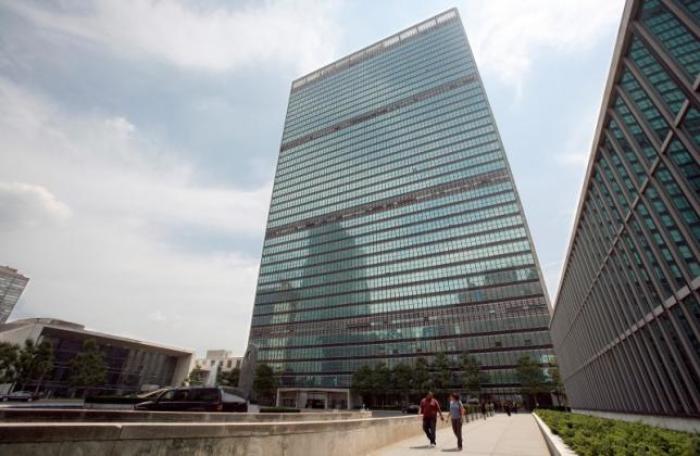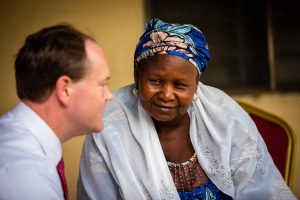UN General Assembly moves closer to adopting resolution declaring abortion a 'human right'

Delegates at the United Nations General Assembly are finalizing negotiations on a resolution that would require all U.N. agencies to declare abortion a human right, reportedly due to pressure from the European Union and the Biden administration.
The resolution contains language about abortion that has reportedly been rejected in other resolutions over the past decade. As the Center for Family and Human Rights (C-Fam) earlier reported, it's being considered for adoption by the end of the month.
According to C-Fam, the resolution declares that governments should secure “access to safe abortion” as a matter of policy and “ensure the promotion and protection of the human rights of all women and their sexual and reproductive health.”
Western countries backing the resolution reportedly forced the inclusion of this language. Although a Japanese diplomat leading the negotiations stated that delegations could not alter the language on abortion, it remained despite repeat objections, according to C-Fam.
The resolution’s language does not outright declare abortion an international human right and includes the caveat “where such services are permitted by law.”
"The European Union and the U.S. government are trying to undermine the long-standing consensus of the General Assembly that abortion is an issue that should be decided at the national level without external interference from the United Nations,” Stefano Gennarini, vice president for legal studies at C-Fam, said in an emailed statement to The Christian Post on Monday.
Gennarini said that both had done this “intermittently” for over 30 years, but he believes they have made it a priority now due to the U.S. Supreme Court’s reversal of Roe v. Wade in June.
The high court upheld Mississippi’s 15-week abortion ban in a 6-3 ruling in Dobbs v. Jackson Women’s Health Organization, declaring that the U.S. Constitution does not confer a right to abortion. The decision returned the power to make laws governing abortion back to the individual states.
“The issue isn't just whether abortion should be accessible as a matter of human rights or not. It is about protecting the integrity of international aid,” Gennarini wrote. “Until now, the General Assembly consensus was that governments should help women avoid abortion.”
Gennarini believes there will be pressure on women to abort if the U.N. considers adopting the resolution as part of its response to sexual violence.
“Abortion is cheaper than providing healthcare and social support to mothers and their children,” he told CP. “There is an inherent tension here. No woman should ever feel pressured to abort by governments or international agencies."
Delegates noted that the EU appeared to be rather aggressive in its negotiations, which is not standard protocol, according to C-Fam. The main sponsors of a resolution typically facilitate negotiations, and they do not negotiate it themselves.
Another apparent break from tradition is the term “safe abortion,” which appears in the resolution, as U.N. member states have not widely accepted the phrase. Roughly half the voting members of the Human Rights Council supported Egypt, Bahrain and Saudi Arabia’s proposed amendments to delete the term. Currently, those countries ban or impose restrictions on abortion.
In Egypt, abortion is prohibited under Articles 260 to 264 of its July 1937 Penal Code. However, the country makes exceptions in cases where the mother’s health or life is in danger. According to the Center for Reproductive Rights, an abortion advocacy group, Saudi Arabia permits abortion if the mother’s mental or physical health is at risk.
As the World Health Organization reported in May 2017, abortions in Bahrain can only be committed after authorization from a health professional and in an authorized facility. The country also permits sanctions on the woman seeking an abortion, the abortionist and an individual that assists with the abortion.
Progressive Western countries’ efforts to promote “safe abortion” is at odds with the consensus of the General Assembly, defined during the 1994 International Conference on Population and Development, according to C-Fam.
The caveats adopted during the Cairo conference state that the U.N. shouldn't make any determination on the matter of abortion. They add that governments should help women avoid abortion and focus on helping them provide for their children before and after birth.





























